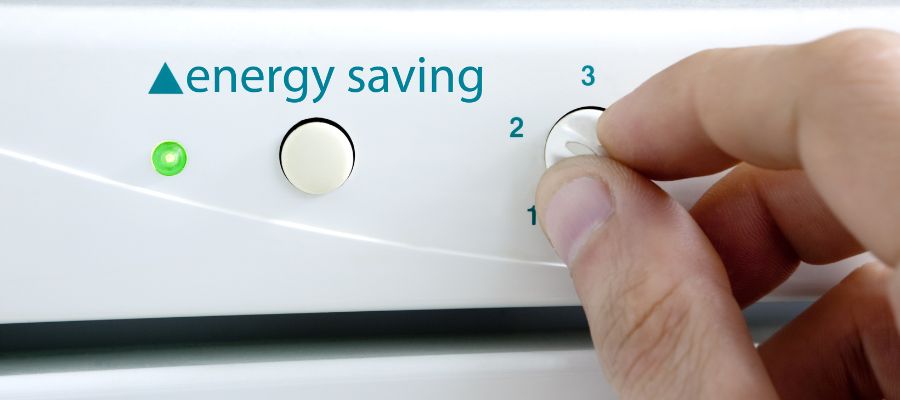

HVAC Services
Get Professional Repairs From The Area's Trusted HVAC Technicians. Ask About Our Services! We Offer Professional Heating & Cooling System Repairs And Guarantee Long-Lasting Results.
Got Question? Call us: (850) 678-2665Financing
Energy Savings with Inverter AC Technology: Harnessing Efficiency in Cooling

In the past couple of decades, our ever-evolving technology has been increasingly focused on developing solutions for energy efficiency, both to lessen the burden on our wallets and to reduce our environmental impact. One significant breakthrough in this arena is the inverter technology used in air conditioning (AC) systems. This innovative technology not only reduces electricity consumption but also offers optimal temperature control and a more comfortable indoor environment.
How does AC Inverter Technology Work?
Traditionally, air conditioners used fixed-speed compressors. When the temperature of the room crossed a certain threshold, the compressor would start working at a full speed, using maximum electricity, and then stop once the room temperature dropped below a certain limit. This on-and-off cycle not only consumed more power but also caused fluctuating room temperatures, impacting the comfort of the occupants.
Inverter technology changes this dynamic significantly. Instead of having an on-and-off operation, inverter ACs adjust the speed of the compressor to control the flow rate of the refrigerant, which in turn manages the cooling and heating output. When the room temperature reaches the desired level, the inverter AC reduces the speed of the compressor, lowering the amount of energy used. Conversely, when the temperature rises, the compressor speed increases. This approach ensures the AC system maintains a more consistent temperature with fewer power fluctuations, thus saving energy.
How Does Inverter AC Technology Save Energy?
1. Reduced Power Consumption: As the inverter AC system regulates the speed of the compressor, it eliminates the constant start-stop cycle that is typical in traditional AC units. Starting up an AC unit requires a significant power surge. By maintaining a consistent operation instead of frequently starting and stopping, an inverter AC consumes less power, making it more energy-efficient.
2. Elimination of Power Surges: Traditional ACs cause power surges due to their frequent start-stop cycles. Inverter ACs maintain a steady operation, avoiding these power surges and saving energy in the process.
3. Precise Temperature Control: Inverter ACs provide more precise control over the room’s temperature. This precise control prevents the overuse of energy that can occur when traditional AC units cool the room more than necessary.
What are the Benefits of Energy Savings with Inverter AC Technology?
The implementation of inverter technology in air conditioners offers both environmental and financial benefits.
1. Lower Energy Bills: Since inverter ACs consume less power compared to traditional ACs, users can expect a significant reduction in their energy bills. While the initial cost of an inverter AC may be higher, the long-term savings can offset this.
2. Reduced Carbon Footprint: With less energy consumption comes a reduction in the amount of carbon dioxide released into the atmosphere. Thus, using inverter ACs helps in reducing our carbon footprint, playing a crucial part in our fight against climate change.
3. Longer Lifespan: Because inverter ACs aren’t subjected to the mechanical stress of constant starting and stopping, they typically have a longer lifespan than traditional units. This, again, can offset their higher initial cost.
4. Enhanced Comfort: Inverter ACs provide a more steady and consistent temperature, making the indoor environment more comfortable. Traditional ACs can cause temperature fluctuations due to their on-and-off nature.
In summary, the inverter technology in air conditioning systems is an impressive breakthrough in energy efficiency. It reduces power consumption, lowers energy bills, and provides a comfortable indoor environment, all while contributing to the crucial task of environmental conservation. As more households and businesses adopt this technology, we move a step closer to a sustainable future.

